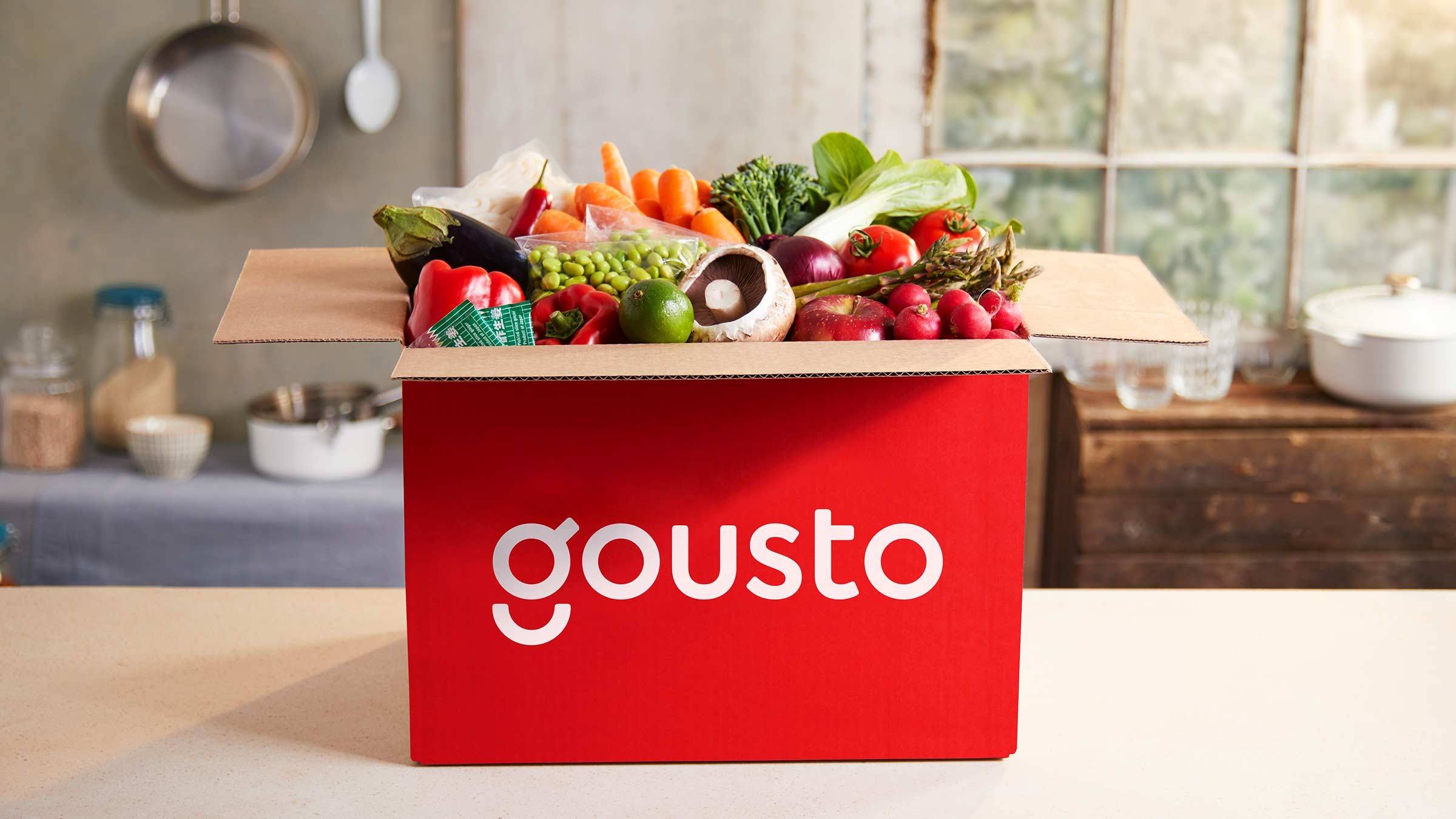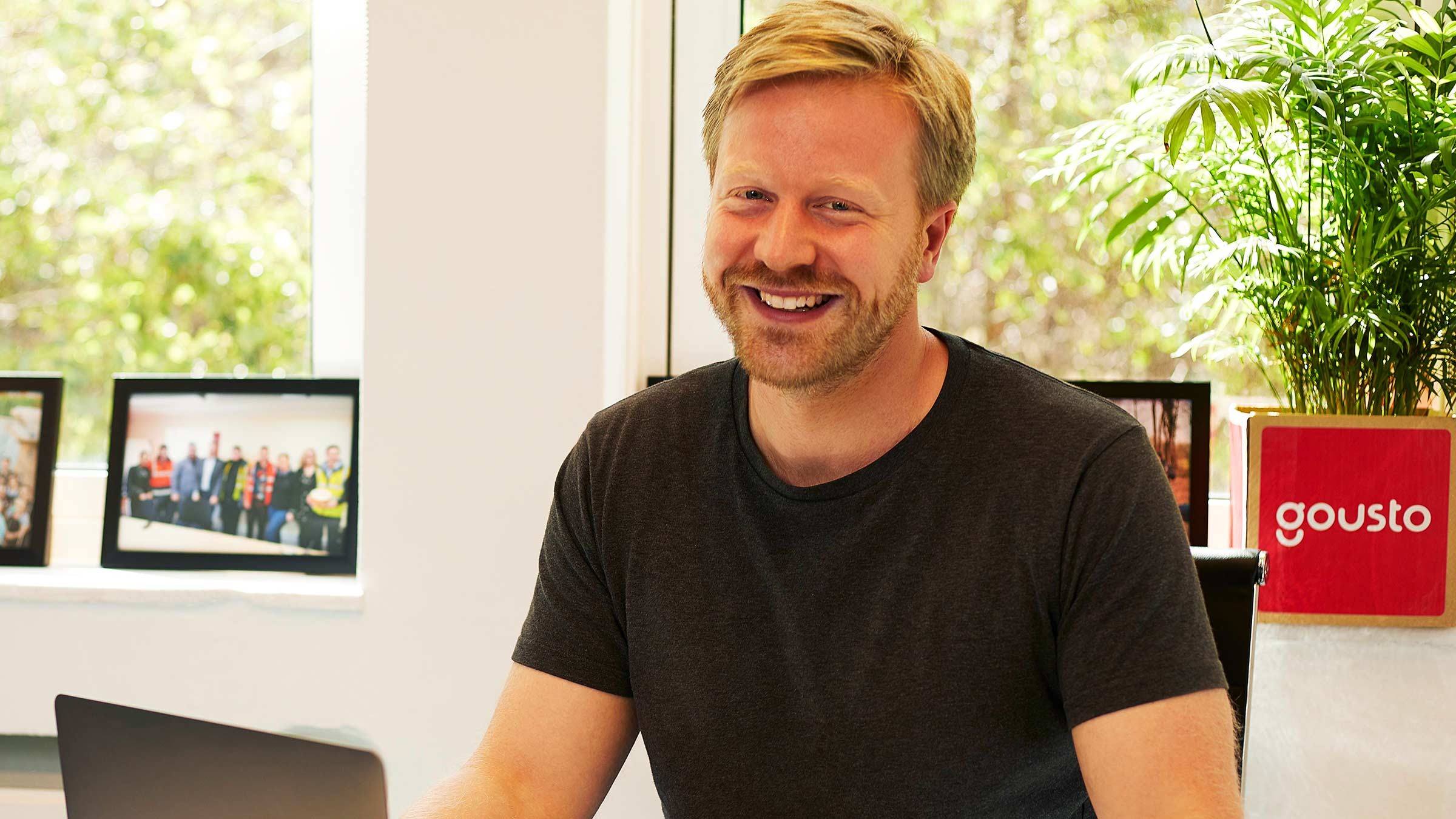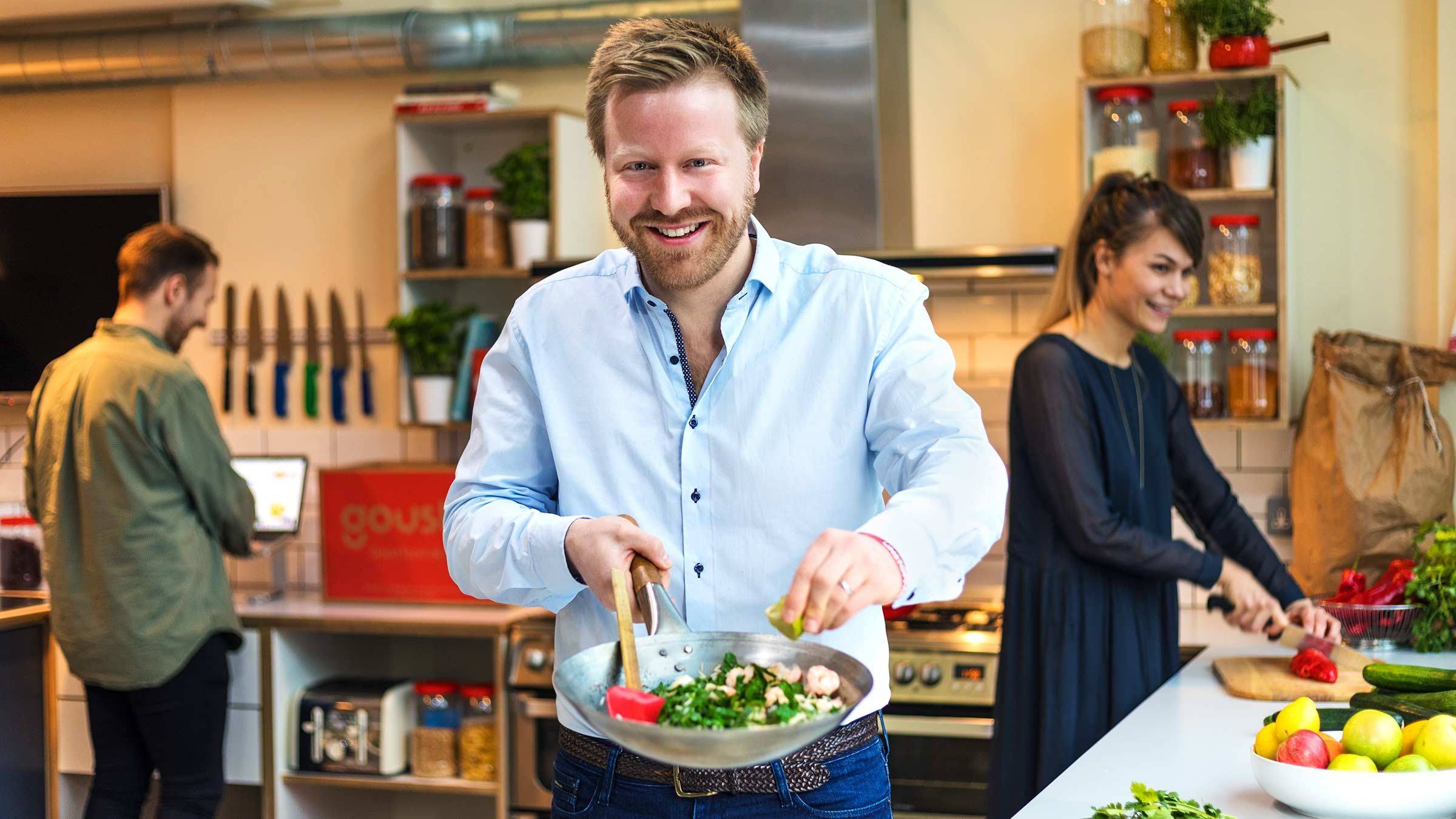At a time of New Year’s resolutions, Veganuary and the tightening of purse strings, it is fitting that our first column of 2020 should be about Gousto – the recipe box delivery business that is fundamentally changing the way people cook and eat at home.
Founded in 2012 by Timo Boldt and James Carter, Gousto provides customers with meal kit boxes which include easy-to-follow recipes and ready-measured fresh ingredients. The company caters to busy, time-poor families and individuals who still value home cooked food, while simultaneously tackling the elephant in the room within grocery: food waste.
Over the last few years, Gousto has gone from strength to strength, embracing its position as a data-led business and tapping into the ever-increasing trend towards on-demand services. Backed by investors ranging from ‘The Body Coach’ Joe Wicks to forward-thinking institutional investors like Unilever Ventures and BGF, Gousto is starting to change the whole way we think about food.
On a rainy day in December, I caught up with Timo in Gousto’s buzzy Hammersmith office. Timo is CEO of the business – and is in many ways a poster boy for a tech startup CEO. Growing up in Napa Valley, California, Timo spent his childhood surrounded by a family of what he calls ‘food entrepreneurs’ – owners and operators of a vineyard and an organic food business. “Throughout my childhood, my whole family always said: ‘Timo will start a food business’,” he tells me. But it wasn’t until he was 26, working at a Goldman Sachs-spin off hedge fund that he had the ‘light bulb moment’ for Gousto.

“I worked super long hours but I liked to cook – and would spend hours looking up recipes, then going to Borough Market to buy the raw ingredients. In the end, it was too time consuming – and I found I’d be wasting food and spending vast amounts of money. At first I was going to open a high street shop that sold complete recipe kits with everything you needed to make a meal, but then I saw an opportunity which incorporated four megatrends: food, money, convenience, online – and the result was Gousto.”
“I saw an opportunity which incorporated four megatrends: food, money, convenience, online – and the result was Gousto.”
Timo fizzes with enthusiasm as he describes his journey. In the early days, success meant moving into student accommodation with his wife to keep costs down, creating and printing recipe cards himself and hand-delivering boxes around London. His hard graft paid off: Gousto turned over £100m in 2019 and is set to employ upwards of 700 people by the end of 2023. The company leads the way in terms of proposition, offering customers the most choice, best price point and most convenient delivery options on the market.
While customers see Gousto as a food business, Timo is clear to establish that he sees the business first and foremost as a data company (his latest soundbite is “we are a data company that loves food”). At Gousto, customers choose the specific recipes they want to be delivered the following week – giving the company access to plenty of highly valuable data on customer trends and preferences.
“I firmly believe in listening to what the data tells you,” he says. “At Gousto, ideation is outsourced to the customer… and we take the innovation. Data is telling us the truth about customers trends.” With a tech-focused approach across the business, and the ability to use data seamlessly throughout their enterprise, Gousto boasts world-class marketing, an impressive delivery operation and exceptional growth hacking capabilities.
“I firmly believe in listening to what the data tells you,” he says. “At Gousto, ideation is outsourced to the customer… and we take the innovation. Data is telling us the truth about customers trends.”
Gousto’s data-first strategy also benefits suppliers. By sharing customer data with its supply chain, Gousto can work alongside each manufacturer to cut back on costs. “The forecasting we have is far better than that of traditional retailers,” Timo says, “so we can share that data with our suppliers to allow them to plan ahead and save cost.”
Gousto’s commitment to its suppliers goes beyond just sharing data. In an industry where the relationship between retailers and their suppliers is often tense and negative (“I win, you lose” as one traditional grocer recently told me), Gousto is taking an entirely different approach by integrating suppliers into its overall proposition. “We are reinventing how that relationship can look,” says Timo, showing me a framed photo of a group of smiling faces. “These are our suppliers – we invited 70 of them to come and learn about what we do. It’s all about building deep relationships, getting to know the communities and including the supply chain in our mission… we met the fish guys from Grimsby yesterday!”
I wonder how the company’s technology-focused approach affects Gousto’s ability to build a diverse team. Timo is clearly passionate about diversity, and reels off the numerous initiatives in place to drive positive change at Gousto: flexible working schemes, scrutinising the hiring and training processes looking for unconscious bias; a book club on diversity; bringing in external speakers. “We have over 40 nationalities here,” he says, “and 80% women in the marketing and product teams. As in the whole industry, the female share on tech isn’t great – but we’re getting there.”
Gousto is making great strides in the battle to tackle food waste, but one reoccurring critique of direct to consumer models is the use of packaging and plastics. Timo obviously takes the issue seriously, but contextualises Gousto’s position for me: “Food waste has eight times the impact on the planet than plastic waste. We forget that there’s a much bigger plastic waste problem in the supply chain – it’s just not visible to consumers. We’re looking at working with a university to produce a report to really understand how meal kits can become a more sustainable way of eating dinner. We’re also doing ton to move the dial – taking 50% of the plastic out of boxes in 2019 and moving to green electricity – so I’m feeling very positive.”

What does the future look like for Gousto? “Our vision is to be the most-loved way to eat dinner,” Timo says. “Our two big levers are choice and convenience – this is where I want to push the boundaries.” Indeed, Timo sees a future where Gousto plays a more significant role in people’s lifestyles than just providing meals. “Gousto knows its customers, and I can really see us moving to create a preventative health function. We’re already working to reduce salt and fat in our products.” When it comes to international expansion, Timo is keen not to lose focus on the UK: “International growth can distract from obsessing over the customer. With one billion meals eaten every week in the UK, the market is big enough here for now. As long as I believe that there’s linear growth and I can make the proposition better, then I’m happy.”
To finish off, I ask Timo who he draws inspiration from: “I take inspiration from the bold figures who were crazy enough to believe in the impossible. Richard Branson and Elon Musk spring to mind. I also a huge admirer of Al Gore, and his passion to change the world. I also read every book I can on business. I’ve just finished Robert Iger’s book, The Ride of a Lifetime: Lessons Learned from 15 Years as CEO of the Walt Disney Company; and I watch The David Rubenstein Show on YouTube – he’s one of the best journalists ever, and his programmes are so insightful.”
Gousto may be a small player in the c. £200bn UK grocery market – but it is one the fastest growing actors, and certainly has all the right ingredients (no pun intended) to attain significant market share in the years to come. We at MBS will watch Timo and the wider team’s growth with significant interest.








